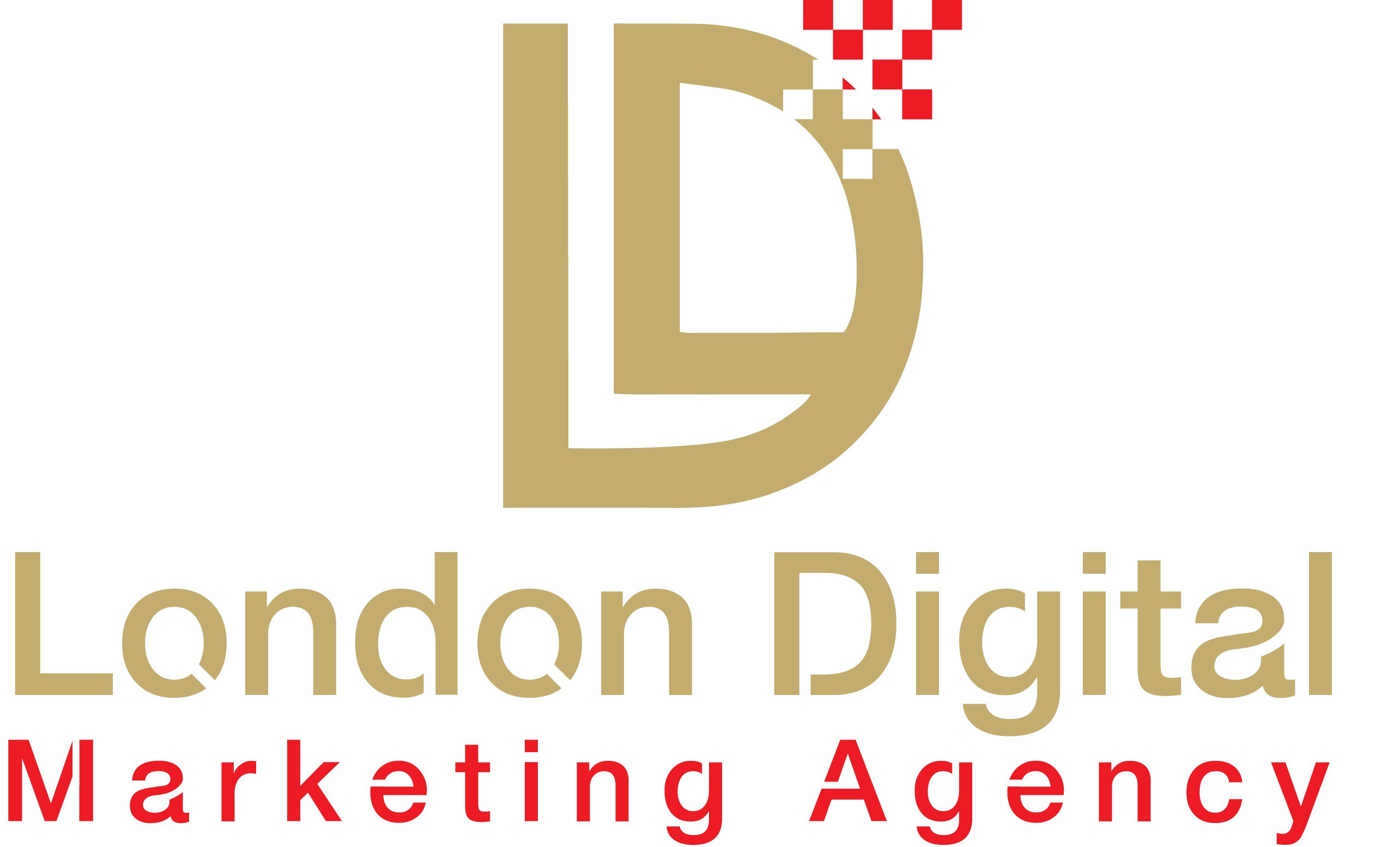How to Ace an Interview with London Digital Marketing Agency Ltd
Congratulations on securing an interview with London Digital Marketing Agency Ltd! Whether you’re applying for a position in clinical or non-clinical staffing, this is your opportunity to showcase your skills, passion, and potential.
We are a leading recruitment agency specializing in providing staffing solutions for both clinical and non-clinical sectors. We focus on matching the right talent to the right opportunities, and we’re always looking for forward-thinking individuals who are passionate about making a difference in the recruitment industry. This guide will help you prepare thoroughly, present confidently, and stand out from the crowd.
Understanding our company culture, services, and values is essential before stepping into any interview with us.
- Explore Our Website: Learn about the staffing solutions we provide, the industries we serve, and the types of roles we specialize in.
- Understand Our Values: We care deeply about integrity, professionalism, and delivering top-tier candidates to our clients. Be ready to share how your personal values align with ours.
- Know the Role: Review the job description carefully. Familiarize yourself with the core responsibilities, tools, and skills required for the role.
We recruit individuals who are not only talented but also proactive, motivated, and culturally aligned with our team’s values.
- Experience: Whether you’re from a clinical background, a non-clinical sector, or have worked in recruitment, ensure your past experiences are relevant to the role.
- Skillset: Showcase your expertise in recruitment, talent sourcing, or any specialized skills that apply to the staffing needs of both clinical and non-clinical sectors.
- Soft Skills: Communication, problem-solving, adaptability, and teamwork are highly valued across all departments.
Anticipate both role-specific and behavioral interview questions. Be ready to demonstrate your recruitment expertise, ability to handle client needs, and how you thrive in a fast-paced environment.
Common questions might include:
- “Tell me about a successful placement you made and what made it stand out.”
- “How do you handle a situation when a client is not satisfied with a candidate you have placed?”
- “Describe a time when you had to manage multiple recruitment processes under tight deadlines.”
- “How do you stay informed about industry trends and new recruitment strategies?”
Use the STAR method (Situation, Task, Action, Result) to structure your responses with clarity and impact.
An interview is a two-way conversation. Asking thoughtful questions shows you’re engaged and serious about the opportunity.
Good examples include:
- “What are the biggest challenges in recruitment for the clinical and non-clinical sectors?”
- “Can you describe the team dynamic or how departments collaborate here?”
- “How does London Digital Marketing Agency Ltd foster professional growth and development for recruiters?”
- “What are the most common roles or industries the agency recruits for?”
Dress Smart-Casual
Our workplace culture values professionalism but also embraces authenticity and personality. Smart-casual attire is ideal. If you’re unsure, it’s always better to be slightly overdressed than underdressed.
Be Punctual
Time is of the essence in the recruitment world. Arrive 10–15 minutes early to demonstrate punctuality and preparedness—especially important for roles involving client communications and candidate management.
Bring the Essentials
Whether your interview is in-person or remote, be prepared with the following:
- Updated CV/resume
- Any relevant certifications or training documents
- A notepad or device for taking notes
For virtual interviews, check your tech setup in advance—good lighting, stable internet, and a quiet space.
Communicate with Confidence
Clear, professional communication is crucial in recruitment—whether with clients, candidates, or team members.
- Maintain good eye contact (or camera contact for virtual interviews).
- Be concise and articulate in your responses.
- Show active listening and don’t interrupt.
- Avoid filler words and overly casual language.
Recruitment is a dynamic and rewarding field. We want to hear what excites you about working in staffing, your knowledge of the market, and where you see recruitment trends heading. Whether it’s talent acquisition strategies, diversity in hiring, or new tools and technologies—bring your insights to the conversation.
Demonstrate how your abilities align with the role and our agency’s goals. Depending on the position, this might include:
- Talent sourcing and screening
- Client relationship management
- Understanding of labor laws and compliance
- Familiarity with recruitment software and tools
- Ability to work under pressure and meet targets
Bring your experience to life with tangible examples:
- “I successfully filled 10+ clinical roles within a month by utilizing both traditional and digital recruitment methods.”
- “I improved candidate placement rates by 15% through streamlining our candidate vetting process.”
- “I managed multiple client accounts and exceeded placement targets by building strong relationships with clients.”
We’re a team of real people who collaborate honestly and respectfully. Authenticity matters. Let your personality show and don’t be afraid to share what makes you uniquely valuable.
Send a Thank-You Note
Within 24 hours, follow up with a brief email thanking your interviewer(s) for their time. Mention a key topic you discussed and reiterate your enthusiasm for the role.
Reflect on the Experience
Evaluate what went well and identify areas for improvement. Did you articulate your skills clearly? Was there a question you could have answered better? Use this to refine your approach moving forward.
Stay Engaged
If you don’t hear back within the expected timeframe, it’s okay to send a polite follow-up email. Reaffirm your interest and professionalism while being patient and courteous.
Final Checklist – Are You Ready?
Researched the company and role thoroughly
Prepared STAR-format answers to common questions
Selected an appropriate interview outfit
Organized relevant documents or work samples
Planned your travel or tech setup in advance
Prepared insightful questions to ask the interviewer
Drafted a follow-up email to send post-interview

